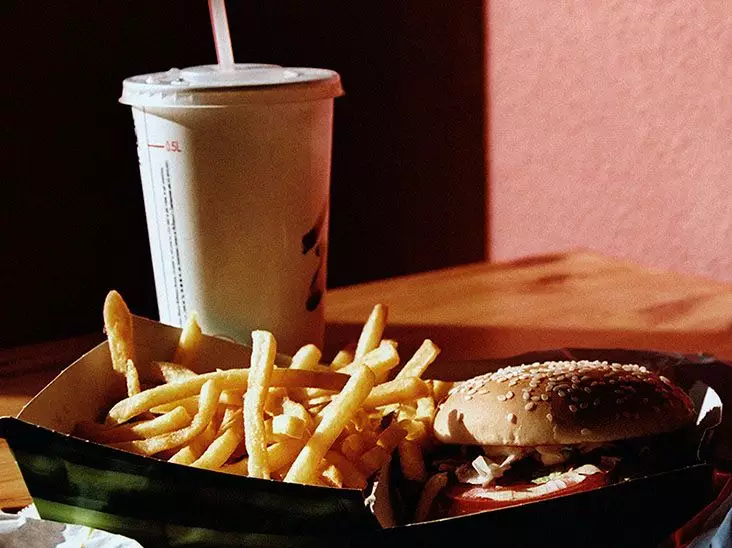Rybelsus, a medication containing semaglutide, has emerged as a prominent option for individuals managing type 2 diabetes. This oral tablet is designed to be taken first thing in the morning, ideally on an empty stomach, to maximize its effectiveness. Despite its primary intent as a diabetes treatment, some users may seek its off-label potential for weight loss. However, a thorough understanding of how to take Rybelsus, along with dietary adjustments, can significantly influence treatment outcomes.
The Importance of Dosing Schedule
One of the critical aspects of Rybelsus is its dosage protocol. Taking this medication on an empty stomach is essential. Users should swallow the tablet whole with a small amount of water—no more than four ounces—and avoid eating or drinking for at least 30 minutes post-ingestion. This is crucial because food can interfere with the absorption of semaglutide, diminishing the drug’s efficacy in controlling blood sugar levels. As such, users must closely align their meals with their medication schedule to maintain optimal blood glucose control.
Regular mealtime routines may require adjustment, particularly for those accustomed to eating breakfast shortly after waking. Rybelsus works best when there’s no food present to complicate its absorption, so patients are encouraged to avoid meals close to when they take the tablet. Maintaining an empty stomach—typically defined as not eating for 8 hours prior to taking Rybelsus—will help ensure that individuals receive the full benefits of the medication.
Navigating Dietary Changes
A balanced diet is paramount for individuals with type 2 diabetes, and Rybelsus therapy is often integrated into broader lifestyle changes that include diet and exercise. Individuals are advised to limit refined carbohydrates, which can lead to spikes in blood sugar levels. Foods such as white bread, pastries, and sugary snacks should be consumed sparingly. Contrary to popular belief, carbohydrates are not all harmful; complex carbohydrates, like whole grains, legumes, and vegetables, are beneficial and can be included in a healthier diet.
Moreover, the American Diabetes Association emphasizes the importance of reducing saturated fat intake as part of diabetes management. Saturated fats, commonly found in high-fat meats and full-fat dairy products, may contribute to health complications associated with diabetes. By limiting these foods, individuals can decrease the risk of developing cardiovascular disease, which often coexists with diabetes.
While dietary composition plays a crucial role in managing diabetes, it’s also essential to acknowledge that Rybelsus may produce side effects, particularly gastrointestinal issues such as nausea or constipation. Adjusting one’s diet can help mitigate these adverse effects. Avoiding overly rich, spicy, or sugary foods may alleviate discomfort and promote better digestive health, which is particularly important for those taking this medication.
Though Rybelsus is not approved by the FDA for weight loss, its role in appetite regulation may lead some users to experience weight loss as a secondary effect. The medication often helps reduce overall food intake, but it should be noted that intentional weight loss through Rybelsus must be carefully monitored and managed in consultation with a healthcare provider. An individualized approach, involving both dietary changes and regular physical activity, is essential for achieving sustainable and healthy weight loss.
The diet for those considering Rybelsus as a weight management tool should similarly focus on whole, unprocessed foods while avoiding highly processed options. Incorporating lean proteins, healthy fats, such as those from avocados and nuts, and plenty of fruits and vegetables will create a satisfying and nutrient-rich menu.
Taking Rybelsus, like any medication, requires informed decision-making. Patients should not rely solely on general dietary advice; rather, individualized consultation with healthcare professionals is vital. Those who have questions about integrating specific foods into their diet while taking Rybelsus should seek advice from their doctor or dietitian to tailor their meal plans and ensure all parameters are within safe limits.
Managing type 2 diabetes with Rybelsus not only necessitates a clear understanding of the medication but also a commitment to dietary improvements and lifestyle changes. While adjustments may require effort and discipline, they are fundamental in maximizing the effectiveness of Rybelsus and ensuring better health outcomes for individuals battling diabetes.

